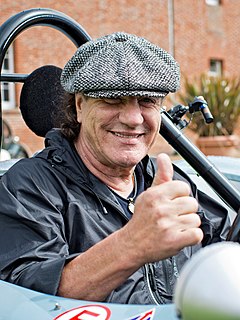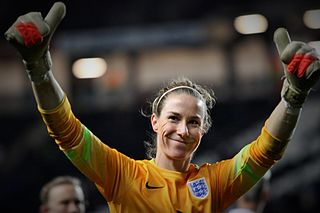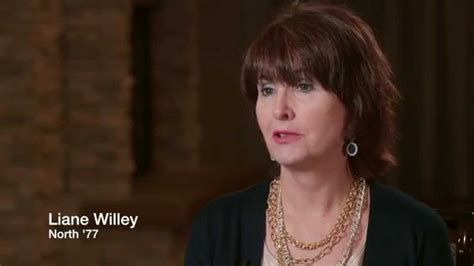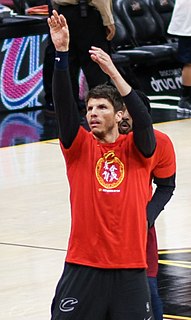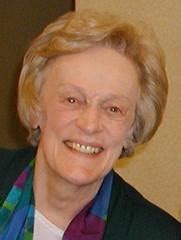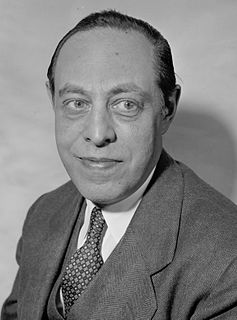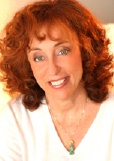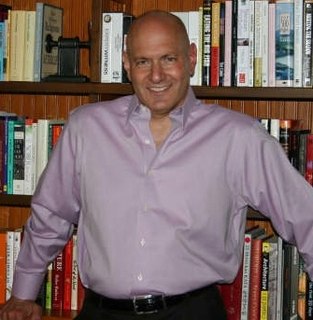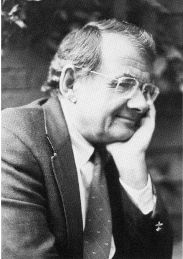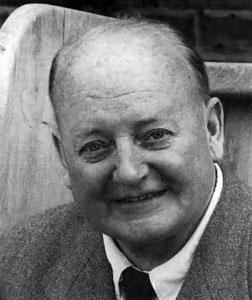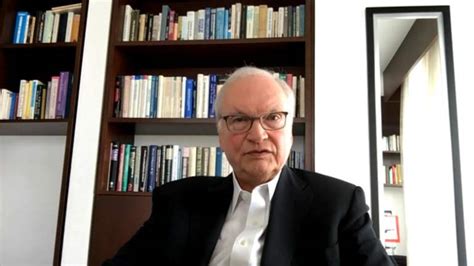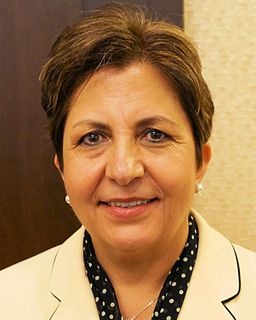A Quote by Darold Treffert
We have to be careful that we don't keep multiplying disorders and diluting them. I think there is a difference. People talk about Asperger's as high-functioning autism, which I think it is. But it does have some of its own characteristics, like the preservation of language, particularly, which may be right brain dysfunction instead of left brain dysfunction, and we lose something in that, as things lose their specificity, and we keep diluting things. I'm not sure that's helpful.
Related Quotes
BRAIN, n. An apparatus with which we think that we think. That which distinguishes the man who is content to be something from the man who wishes to do something. A man of great wealth, or one who has been pitchforked into high station, has commonly such a headful of brain that his neighbors cannot keep their hats on. In our civilization, and under our republican form of government, brain is so highly honored that it is rewarded by exemption from the cares of office.
We have allowed brain thinking to develop and dominate our lives.
As a consequence, we are at war within ourselves.
The brain desiring things which the body does not want, and the body desiring things which the brain does not allow; the brain giving directions which the body will not follow, and the body giving impulses which the brain cannot
There were some coaches, some teammates, some sports psychology people who I could trust and rely on. They were very important to keep me focused on the right things - the things which would be beneficial to me instead of catastrophising things and worrying about things which were not in my control.
Too many people who don't have anyone they care about. Who think if they don't love anyone else then they're free to do whatever they want. They think they have nothing to lose, and that makes them stronger. If you have nothing to lose, there's nothing you really want, either. You're full of confidence, and look down on people who lose things, who want things, who are happy, or sad sometimes. But that's not the way things are. And it's just not right.
I think one of the problems with the definition of autism is we keep expanding it. It started as "early infantile autism", and then it became "autism", and now it's "autism spectrum disorder". I'm not opposed to that from the standpoint of trying to broaden our vistas, and so forth. But from a research point of view, the term autism is lost in specificity.
Exploring Feelings for Young Children with High-Functioning Autism or Asperger's Disorder: The STAMP Treatment Manual offers practical recommendations and creative practices that will certainly help young children with high functioning autism or Asperger's syndrome overcome their struggles with the really tough issues blocking their positive growth and development. Therapists, educators and parents caring for autistic children who endure a heavy load of anger, distrust, difficult interpersonal relationships, poor self-esteem and self-doubt need this excellent book.
My autism is a very mild form. It was diagnosed at the age of 25, partly because it wasn't diagnosable as a teenager (this is Asperger's syndrome, specifically). But there were certainly traits within that condition, within the autism spectrum in general, especially at the high functioning end, that I think are best looked at as pluses.
I only try to talk to people about things I really do use in my shot. If I see something similar and something that will help them, then you try to come to them and say, 'I think I might have something for you. Think about it if you like it.' If they do, and they want to keep talking about it, then I will.

